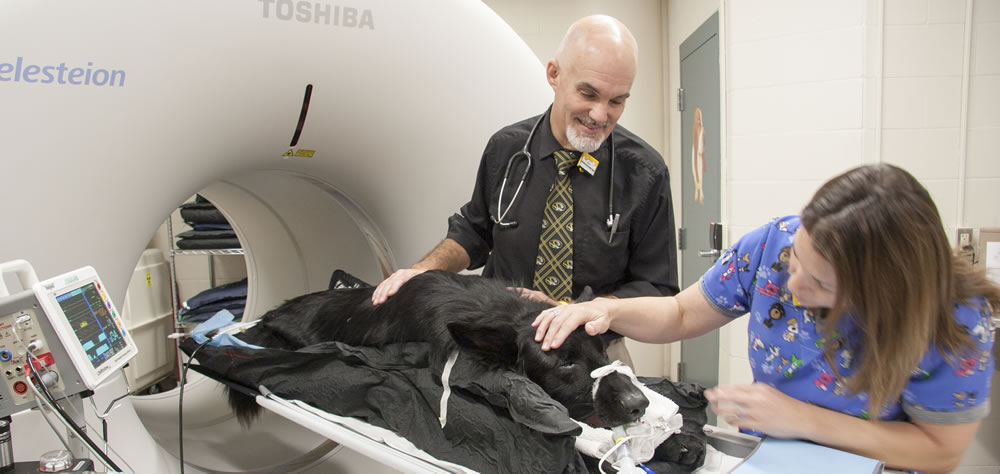 Cancer is an abnormal process in the body that occurs when a normal cell has been damaged and survives in a mutated form. It is generally accepted that it takes at least two to six spots of damaged DNA (the “code” inside each cell that determines its function) before cancer can occur. Once that damage is done, our body has many defenses against cancer and will often direct the cell to die or will kill the cell using certain parts of the immune system. If the damaged cell survives these controls and is able to divide into two cells, from two cells into four, and then keeps dividing, cancer may occur.
Cancer is an abnormal process in the body that occurs when a normal cell has been damaged and survives in a mutated form. It is generally accepted that it takes at least two to six spots of damaged DNA (the “code” inside each cell that determines its function) before cancer can occur. Once that damage is done, our body has many defenses against cancer and will often direct the cell to die or will kill the cell using certain parts of the immune system. If the damaged cell survives these controls and is able to divide into two cells, from two cells into four, and then keeps dividing, cancer may occur.
Cancer can occur in a solid form, which is commonly called a tumor, or in a bloodborne (or liquid) form, as in leukemia. As cancer proliferates beyond the control of the rest of the body, it interferes with the normal functions of the body, causing clinical signs. Sometimes a cancer cell creates a signal that disrupts normal body processes distant from the tumor itself. This is called a paraneoplastic syndrome and may include alterations in blood calcium, sugar or hormones. The excess or lack of these substances can also cause clinical signs.
Some cancers are more likely to undergo metastasis. This is when a cell from the tumor moves into the circulation (either blood or lymph channels) and is carried to another part of the body. If that tumor cell successfully arrives at a distant site, is able to invade the tissues at this new site and begins dividing, then a metastasis has formed. The most common site of metastasis for most cancers is the lungs, which is why we often recommend radiographs (X-rays) of the chest when we are evaluating a cancer patient.
The treatment offered for a type of cancer depends on that cancer’s usual behavior. If the cancer is very aggressive locally (where it is first detected), then local treatments such as surgery, radiation therapy or electrochemotherapy will be used. If a tumor has a high chance of spreading throughout the body (metastasis), chemotherapy and sometimes immunotherapy (teaching the body’s immune system to recognize the cancer cells and destroy them) will be used. Some tumors cause problems both locally and systemically (throughout the body), in which case a combination of surgery, radiation therapy and/or chemotherapy is often used.
An oncologist is a veterinarian who has completed additional training to specialize in the diagnosis and treatment of cancer. After undergraduate studies and four years of veterinary school, veterinarians must complete a one-year internship or at least two to three years in general practice before applying for a residency. A veterinary oncology residency is usually three years of in-depth education on the nature and treatment of cancer. At the end of the residency, an examination is taken. With the completion of a certified residency, the successful passing of the examination and the publication of research in the field of cancer, a specialist is then board certified in oncology.
You can learn more about the specialization process and what it means to be a veterinary oncologist from the following sources: www.vetspecialists.com, the American College of Veterinary Internal Medicine and the Veterinary Society of Surgical Oncology.



